It’s Sick!
An accurate and comprehensive history taking of a pet’s illness as described by their owner(s) is the first step of any diagnostic workup. Did you know that vets and human doctors can often make a diagnosis based on history alone?! Veterinarians worldwide have started to realise that effective communication is probably the most important “procedure” that they perform. That’s why at Milton Village Vet we always start each consultation seated.
Why Seated?
For some reason I listen better when seated. Dogs and cats tend to relax when not immediately examined and I can greet them when they feel comfortable enough to approach me with a gentle pat and a small dried liver treat.
Ask the right questions
Effective history taking involves asking open ended questions which prompts clients into telling their “story”. Vets then need to listen carefully to the complex response of verbal and non verbal cues from the owner. Professionals use strategies that include empathic and reflective listening. Here we can build trust through the clarification of what the owner has just described as well as making them feel listened to and treated as an individual. One of the most important lessons I learnt at University some 24 years ago was to “trust the owner!” and as trust tends to flow both ways bonds develop as the clinical team of vets and nurses sets out on a diagnostic and treatment pathway that hopefully ends with successful resolution of the presenting problem. It’s basically team work on a small scale.
Chronic v Acute
Medical problems that have a chronic or long standing duration tend to have a vastly different prognosis than acute or short duration issues. We have a rule of thumb that the time owners should allow us to diagnose, treat and manage a disease process is similar to the historical duration of the presenting complaint. It is relatively easy to sort out a case of diarrhoea and vomiting that has been going on for one to two days when compared with one that has been happening for years.
Avoid Problems
Good clinician/client communication also avoids issues such as owner dissatisfaction and complaints. Clearly documenting and discussing estimated costs, the pros/cons of different diagnostic procedures and tests as well as prognosis are a necessary part of every day veterinary science.







